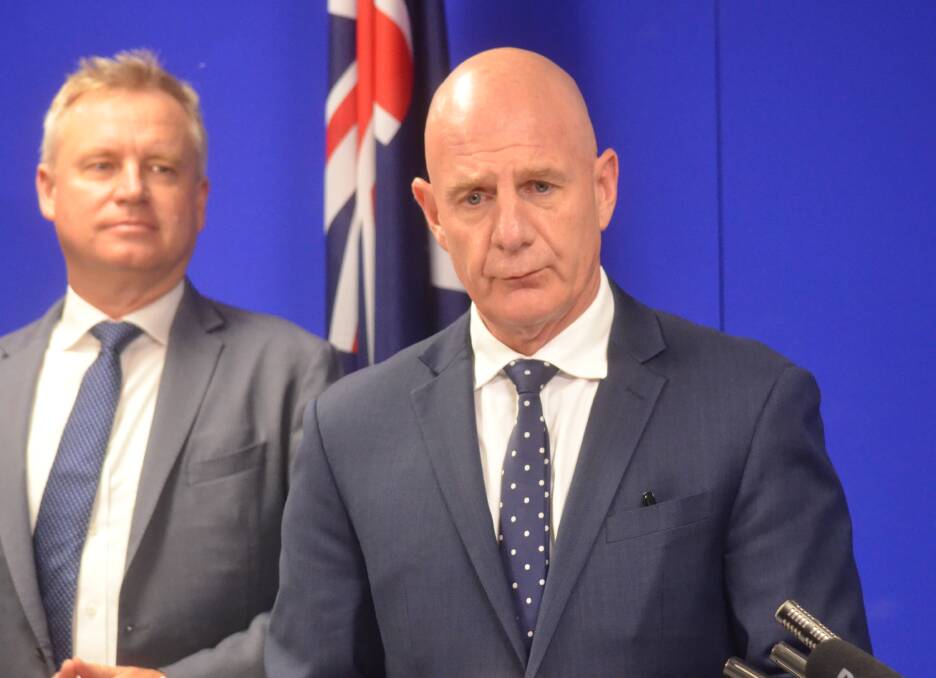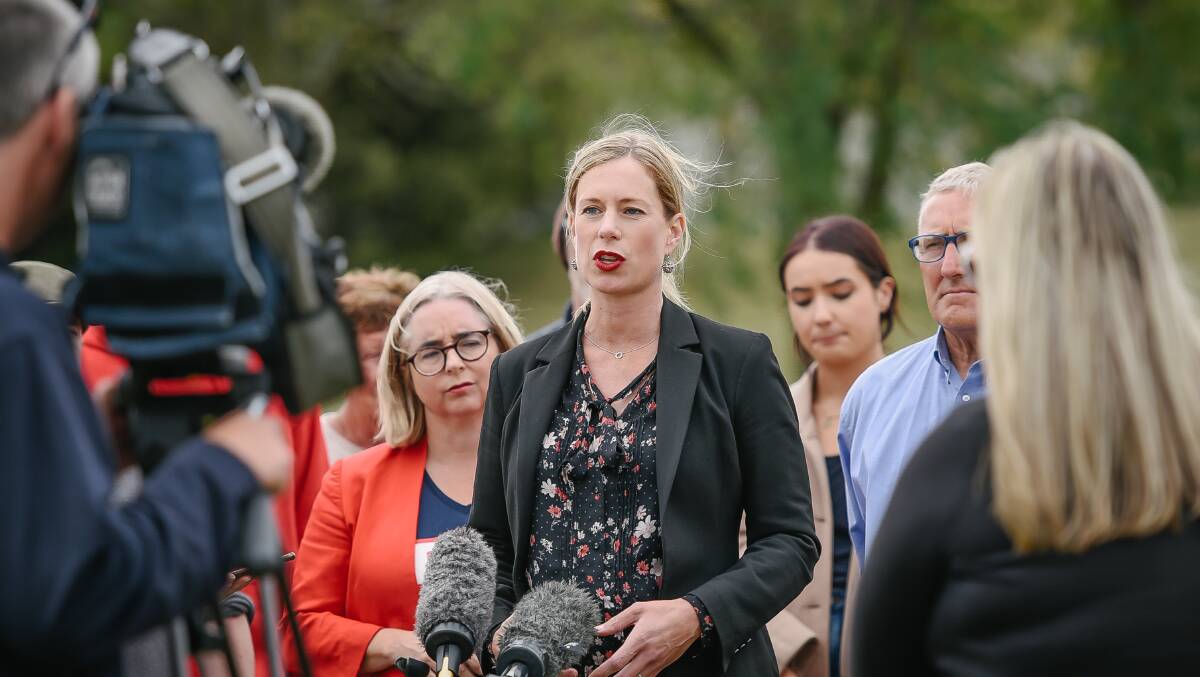
The writing was on the wall.
Subscribe now for unlimited access.
$0/
(min cost $0)
or signup to continue reading
When Western Australian Premier Mark McGowan and his Labor colleagues recorded a thumping election win two weeks ago, they nearly consigned the WA Liberals to oblivion.
Seeing their 13 seats dwindle to just two, the Liberals there were utterly decimated.
Watching on from Tasmania, what would Peter Gutwein have been thinking?
IN OTHER NEWS:
Throughout the COVID-19 pandemic, incumbency has been the name of the game. People look to their leaders in times of crisis. This has been reflected in opinion polls the country over.
Trying to gain political traction while in opposition, however, has proved a Sisyphean task.
Gutwein has held the title of second-most popular Premier behind McGowan through much of the pandemic, rewarded for his effective response to the coronavirus crisis.
Seeing his WA counterpart notch up such a decisive victory on March 13 would no doubt have made an early election seem a tantalising prospect to Gutwein.
Three days later, the Tasmanian Premier would deliver the annual State of the State address in parliament. And this one had a different feeling to it.
Rattling off numerous funding promises and policy announcements, a speech normally used to set the tone for the parliamentary year sounded more like an election platform.

Then, last Sunday, the Premier decided to visit Speaker of the House of Assembly Sue Hickey at her home to inform her that she wouldn't be reendorsed as a Liberal candidate ahead of the election (which was due by March 2022).
Spurned and dismayed, Hickey announced the next day that she was turning her back on the party and would run as an independent candidate in her electorate of Clark. The government was now in minority.
Surely the Premier wouldn't tolerate being put in such a position. Whispers of an early election grew louder.
And they showed no sign of abating when Hickey dropped a bombshell in parliament this week, making a statement to the lower house in which she accused Tasmanian Liberal senator Eric Abetz of "slut-shaming" former Liberal staffer Brittany Higgins, who alleged she was raped in a ministerial office in Canberra in 2019. Abetz categorically denied Hickey's claims, but the Speaker had nonetheless wrested control of the news cycle and, in turn, the political narrative.
A colossal inconvenience for Gutwein and his government - and yet, quite possibly part of the plan.
The final piece of the puzzle fell into place on Thursday, when the government's attempt to ram its revised anti-protest laws through the upper house failed, surprising no-one.
Trying to gain political traction while in opposition ... has proved a Sisyphean task.
The Liberals might act as though they're disappointed by this result but it was a calculated move; an effort to manufacture an excuse to go to the polls early so as to secure a stronger mandate for the policy.
In calling the election on Friday for May 1, the Premier said Tasmania was in "a good place" but that there was "a long road ahead and Tasmania needs certainty".
There is a chance, of course, that Gutwein has misread the public mood and may be punished for sending voters to an unexpected election on the heels of a frigid Tasmanian winter.
Could the allegations of sexual misconduct and harassment levelled against Liberal Party figures at the federal level see the electorate take its frustrations out on the Tasmanian Liberals?
Will all that the government has left unresolved - including the commission of inquiry into historical child sex abuse in state institutions, electoral donation reform and the 2021-22 state budget - create the impression it's avoiding scrutiny by not running full-term?
Labor leader Rebecca White has been gifted ample ammunition for her party's campaign. The government's plan to turn TasTAFE into a government business enterprise has sparked controversy, while the fact that Gutwein has called an early election is, in itself, something Labor can make hay with.
Labor, though, has plenty of problems of its own. Lagging in the polls and beset by internal discord over preselection, the possibility of a wipeout is real.
But we've been reminded in recent years that elections can produce shock results.
And if there's one thing politicians have become fond of telling us over the past 12 months, it's this:
"We're living in unprecedented times."
What do you think? Send us a letter to the editor:


